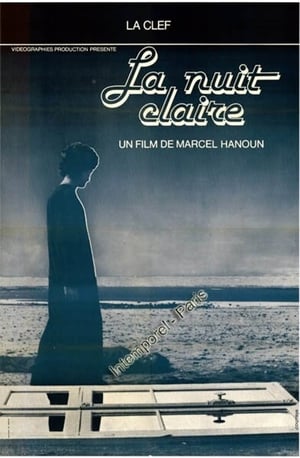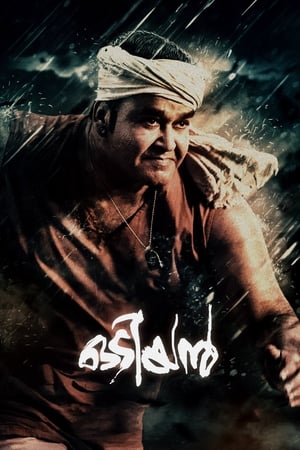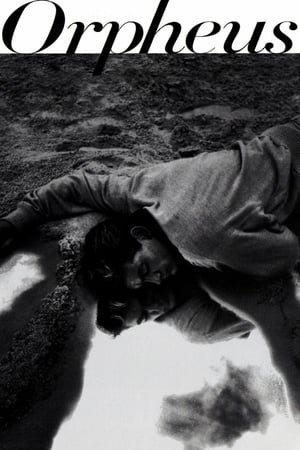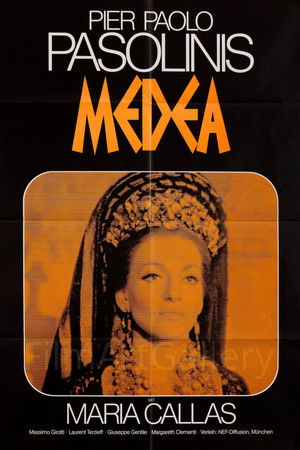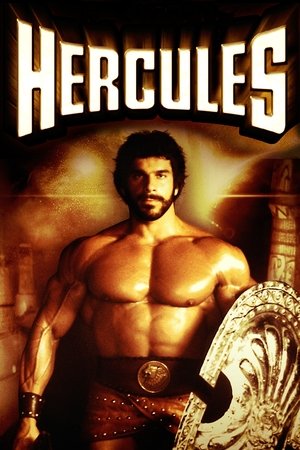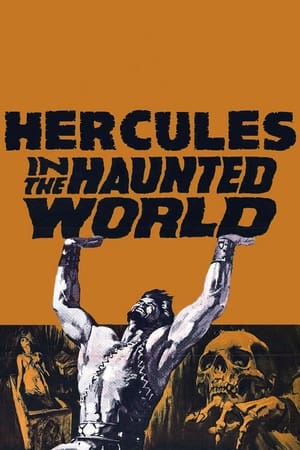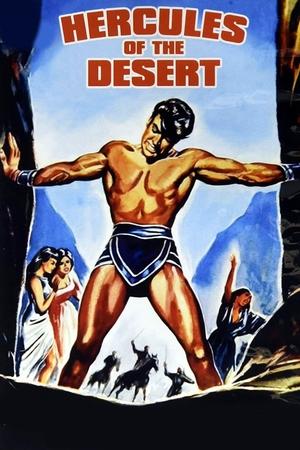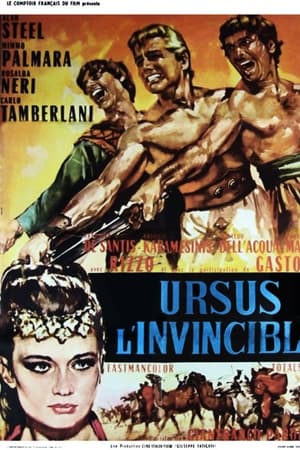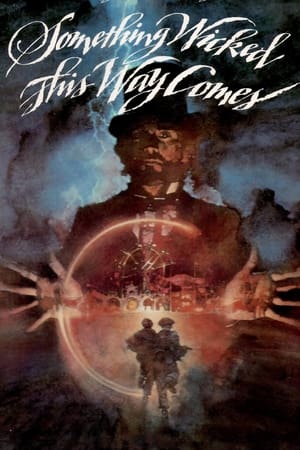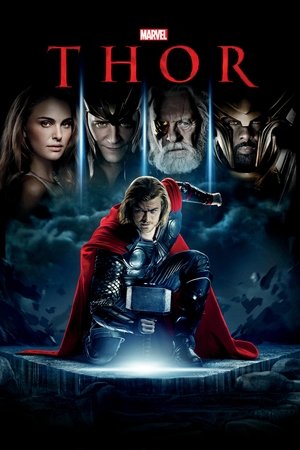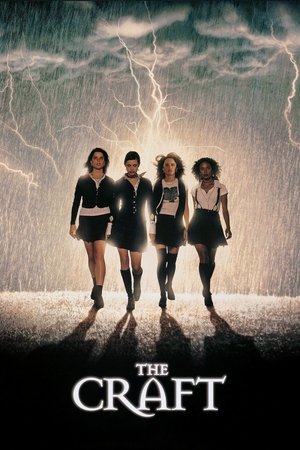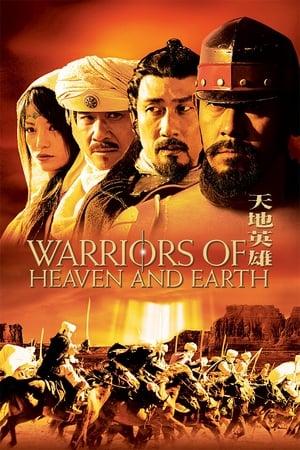Overview
En route to Thebes for an important diplomatic mission, Hercules drinks from a magic spring and loses his memory. He spends most of the movie in the pleasure gardens of Queen Omphale of Lydia. While young Ulysses tries to help him regain his memory, political tensions escalate in Thebes, and Hercules' new wife Iole finds herself in mortal danger.
Reviews
_**Married to Sylva but bewitched by Sylvia**_
"Hercules Unchained" (1959) is an Italian/French/Spanish sword & sandal flick in the mold of Kirk Douglas' "Ulysses" (1954). "Hercules Unchained" is more of the same, with a similar plot, i.e. the journeying hero forgets who he is while bewitched by a beautiful babe on some island. “Samson and Delilah” (1949) is the crowning predecessor of the genre.
Californian muscleman Steve Reeves plays the titular hero/god to perfection. Reeves is most known for his Hercules role but interestingly only played the part twice, in this film and the first one "Hercules" (1958). Anyway, one good side-effect of watching Reeves is that it will likely inspire guys to get in shape (the way Stallone does when watching Rambo).
In this film Herc is married to the beautiful Iole (Sylva Koscina), but he forgets his wife and homeland after drinking of the waters of forgetfulness and falls under the spell of Queen Omphale (Sylvia Lopez) of the isle Lidia. So Herc is caught between two beauties: Sylva and Sylvia.
"Hercules Unchained" can be enjoyed by both youths and adults. It's a fun fantasy adventure with dated "effects," but it also addresses a few mature themes.
One theme is the boneheaded predilection of men to sexual gratification and their intrinsic weakness to the spell of feminine beauty. Herc is married to cutie Iole (Sylva), but it wasn't too hard for him to fall under the power of Omphale (Sylvia). And he has the perfect excuse: "Aduh, I forgot.”
Another theme is that feminine power can be used for good or evil, productivity or destruction. Iole (Sylva) uses her feminine charms to catch herself a manly hunk (Reeves) for a husband and family, while Sylvia (Omphale) uses her womanly power to capture a never-ending succession of studs, literally. Sylva wants a lifelong mate and family, whereas Sylvia is a black widow who kills her "conquests" after she gets bored with ’em and puts ’em in her trophy case, so to speak.
Look around and you'll see both types of women in real life. One girl I knew in high school, for example, would catch herself a hunk boyfriend and ultimately start cheating on him when she eventually got bored; she would then let go of the boyfriend and officially hook up with the guy she was cheating with; once she got bored of him she'd start cheating with the next guy, ultimately dropping the boyfriend for him, ad nauseam. She was notorious, just like Omphale (Sylvia). She would even break up best friends with her expert feminine powers. The lunkheads could never come to the realization of what she was doing because they were too mesmerized by her bewitching charms.
Interestingly, Sylva is beautiful in a cute way, whereas Sylvia is beautiful in a sharp, leggy way. Both are worth catching the film for if you're a red-blooded male.
Another theme is that of negative rivalry. The two siblings vie for kingship (or control) of Thebes. Proud rivalry begats enmity and violence, and ultimately mutually assured self-destruction. Both actors are outstanding, displaying a palpable royal pomp.
The sets and costuming are noteworthy. Mario Bava did the cinematography and special effects, as well as some directing, so the film has that colorful Bava look.
BOTTOM LINE: If you can overlook certain dated aspects (like the editing) "Hercules Unchained" is enjoyable on numerous levels, both juvenile and mature. It's the obvious precursor to more modern films like "Troy" (2004).
The film runs 1 hour, 37 minutes (with some prints 4 minutes shorter), and was shot at Titanus Studios, Rome, Lazio, Italy.
GRADE: B

 98 min
98 min
 4.885
4.885
 1959
1959
 France
France
 Wuchak wrote:
Wuchak wrote: